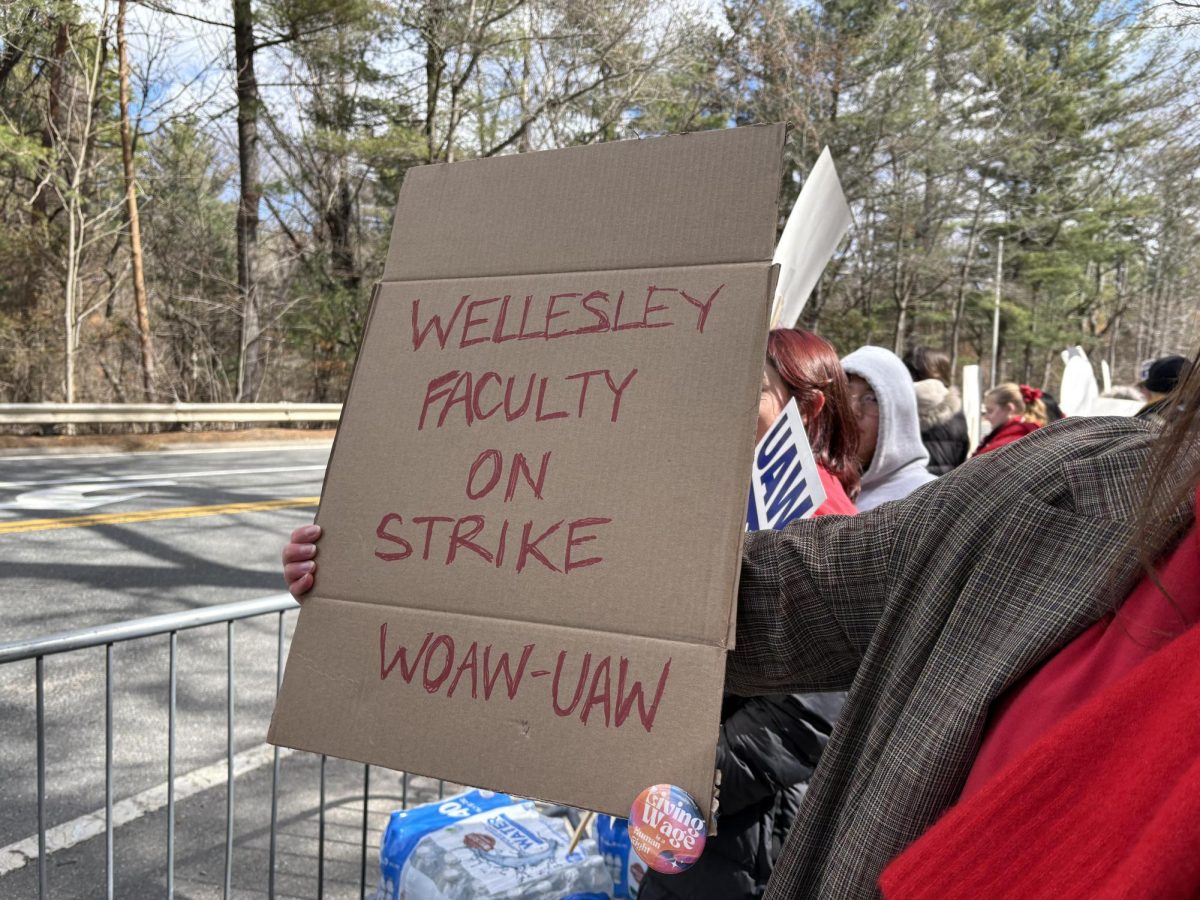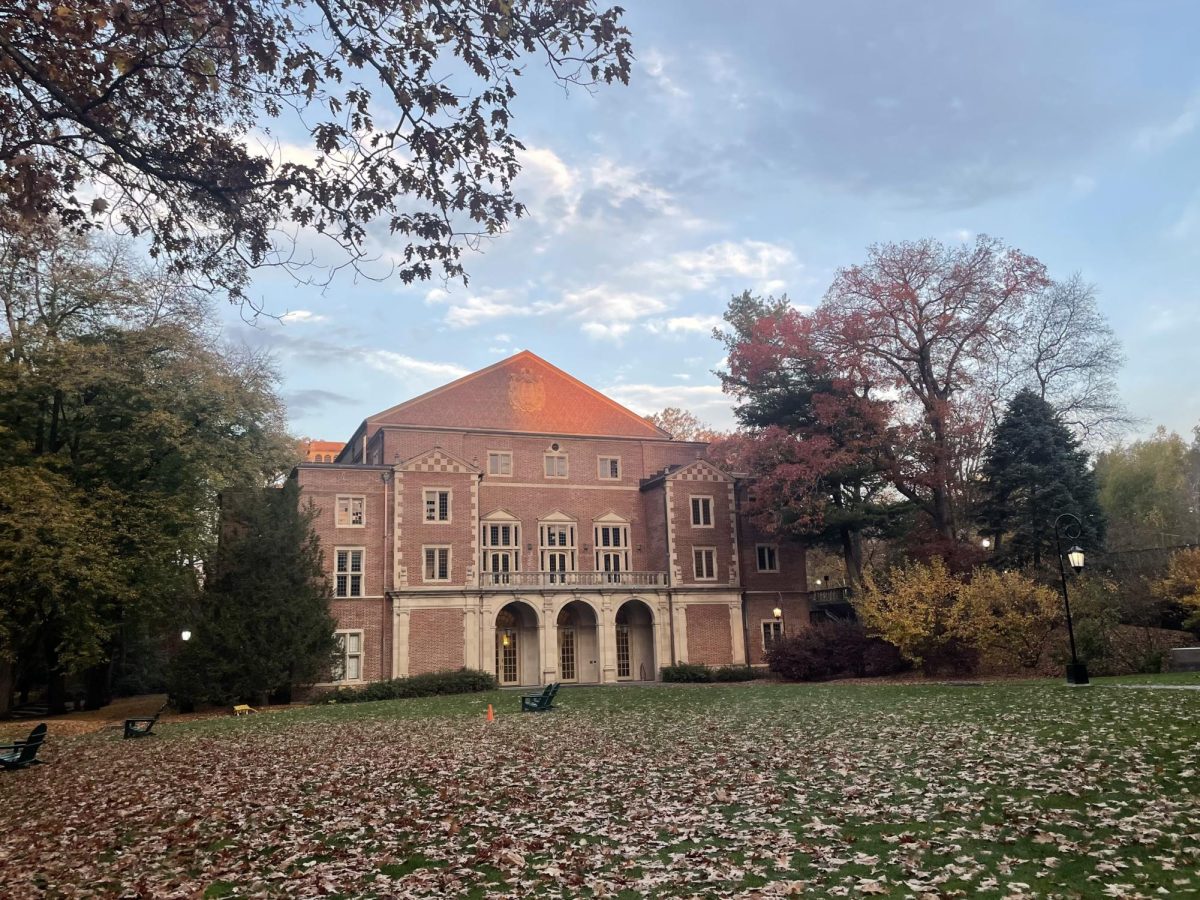When Lily** looked up from the H-Mart floor on March 11 after picking up some fallen peaches, she felt something hit her in the chest: a tomato. When she looked up after feeling the tomato hit her, she saw a white woman.
“I went up to her and I asked her if she threw this tomato at me,” Lily, who was spending the afternoon grocery shopping with her parents in Burlington, said. “She was like, ‘yes, I threw it at you, and it’s because you disgust me, and I hope that you can get your life back together.’”
Lily attempted to negotiate, asking the woman to apologize for throwing the vegetable at her, but the woman refused; she tried again when they were both at the cashier. The woman then left to go to her car, and Lily followed, still wanting an apology.
“It was at that moment that she kept on talking about how I’m awful and need to rethink my life decisions, and she was yelling at me and shouting at me to go back to where I came from multiple times,” Lily said. “I still just wanted an apology at that point.”
At this point, Lily’s mother called the police. Her father tried to stop the woman from leaving in her car, but the woman drove over a curb and left, nearly hitting Lily’s father in the process. Eventually, a police officer arrived and took down the details of the incident. Lily received a call the next day from the same police officer, who told her that they would be charging the woman with a hate crime after finding surveillance footage from the grocery store showing the woman throwing the tomato.
It was at that moment that she kept on talking about how I’m awful and need to rethink my life decisions, and she was yelling at me and shouting at me to go back to where I came from multiple times.
Lily’s experience was not an isolated incident. She knows of at least one other Wellesley student who has had a similar experience, and economics professor Kyung Park also shared a similar story. Towards the beginning of the pandemic, around March 2020, a man was waiting for Park’s wife to pull out of a parking spot at Costco when the situation escalated.
“He got very upset, started screaming, yelling at my wife, ‘Asians don’t know how to drive,’” Park said.
According to Park, nothing ultimately came from this interaction; after Park confronted the man for his actions, he and his family left Costco.
“I don’t know exactly how much of it was racially motivated or said out of anger,” Park said. “But certainly the fact that he expressed those Asian stereotypes makes you wonder.”
Park said that he has not experienced any overt acts of hate since this incident. Lily, too, said her experience was the first time any clear anti-Asian racism had happened to her, though she did remember her peers joking about international students from China in the beginning of the pandemic. However, this event at H-Mart changed how she thought about the rise in anti-Asian and Pacific-Islander violence.
“I was so worried about my parents,” Lily said. She was especially concerned that another incident might happen to them.
Older people are often seen as more vulnerable by attackers, according to Russell Jeung, professor of Asian-American studies at San Francisco State University, in an NBC News article. Like Lily, Park expressed some worries, especially for Asian American elders.
“What if my mom is working at her flower shop and someone gets really upset?” Park said. “What if somebody else’s mom is just walking down the street and something they do triggers something?”
Amidst a recent uptick in hate crimes against Asian Americans, the Wellesley administration has released two statements in support of the Asian American community. An initial statement was released following the publication of an article about the issue by The News, and a second statement followed the shootings in Georgia.
“Our Asian and Asian American community members have experienced this racism personally, both in the town of Wellesley and in the Greater Boston area, through incidents ranging from microaggressions to overt acts of hate,” President Paula Johnson wrote in a March 13 statement sent to the Wellesley community.
Over a week later, Lily was still shocked by this encounter.
“I’ve been waking up at 4 a.m. for the last three nights — no nightmares, though, thankfully — but I was just having these thoughts, like, dang, this happened,” she said.
Lily is now working with a lawyer to press definite hate crime charges against the woman, but in the meantime, she also wants to help promote awareness of hate towards Asian Americans and is currently working with Stop AAPI Hate, a campaign to raise money to support Asian Americans and Pacific Islanders, especially those who are struggling during the pandemic.
“Supporting each other is the best thing we can do, and keeping each other in our minds is difficult because of how separate we are the pandemic, but it’s possible,” Lily said.
**Name changed to protect student’s privacy.






